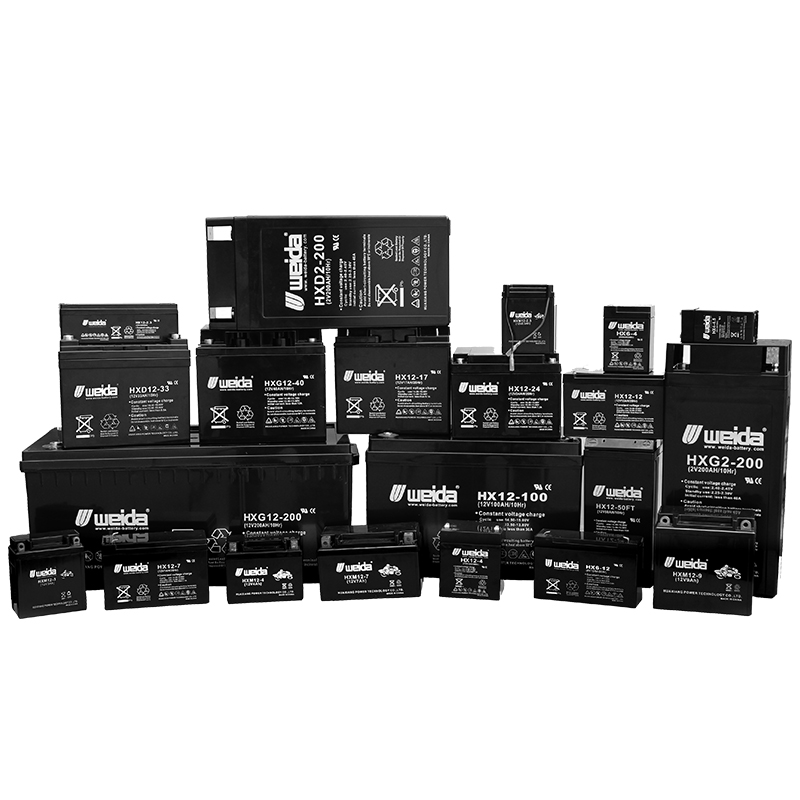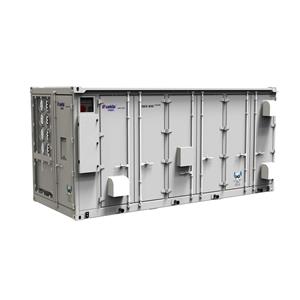Lead-acid batteries: New vigour for an ancient technology
Exploring the modern innovations and future potential of lead-acid batteries
With the proliferation of high-tech products, it's easy to overlook the age-old technologies that quietly support modern society. Lead-acid batteries, an energy storage solution born in the 19th century, still play an important role in many fields, such as automobiles, data centres and solar energy systems. In this article, we'll take a look at the modern innovations in lead-acid batteries and how they've been revitalised for a new era.

1. The "old" story of lead-acid batteries
The history of the lead-acid battery dates back to 1859, when it was invented by French physicist Gaston Plante. The battery is known for its low cost, high reliability and proven technology. However, over time, the problems of lead-acid batteries, such as high weight, short lifespan and environmental pollution, have emerged.
2. Environmental Innovation: The Green Transformation of Lead-Acid Batteries
In the face of environmental challenges, the lead-acid battery industry has not stood still. Modern lead-acid batteries have reduced the use of lead through improved materials and design, while increasing the cycle life of the battery. Advances in recycling technology have also enabled the lead recycling rate of used lead-acid batteries to reach more than 99 per cent, greatly reducing the impact on the environment.

3. Technological innovation: improving performance and efficiency
Advances in technology have significantly improved the performance of lead-acid batteries. The new lead-carbon battery combines the advantages of lead-acid batteries and supercapacitors, providing faster charging and discharging speeds and higher energy efficiency. In addition, the lifetime and reliability of lead-acid batteries have been enhanced by optimising the battery management system.
4. Intelligent maintenance: a new chapter in predictive maintenance
With the development of IoT technology, the maintenance of lead-acid batteries has become more intelligent. By monitoring the status of batteries in real time, it is possible to predict battery failures and replacement times in advance, thus reducing unplanned downtime and improving system stability.

5. The future of lead-acid batteries: integration and innovation
Despite facing competition from emerging technologies such as lithium-ion batteries, lead-acid batteries still have their unique advantages. In the future, we may see a closer integration of lead-acid batteries with renewable energy sources such as solar and wind, as well as innovative applications in areas such as electric vehicles and energy storage systems.
Lead-acid batteries, a seemingly "old-school" technology, have in fact been constantly evolving and innovating. Its story tells us that even the most traditional technology can find its place in the new era as long as it continues to innovate. Let's look forward to the new role that lead-acid batteries will play in the future energy sector.



